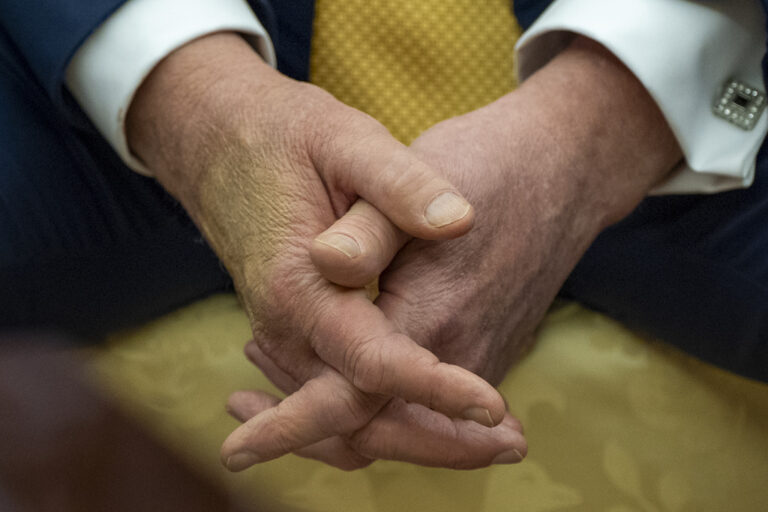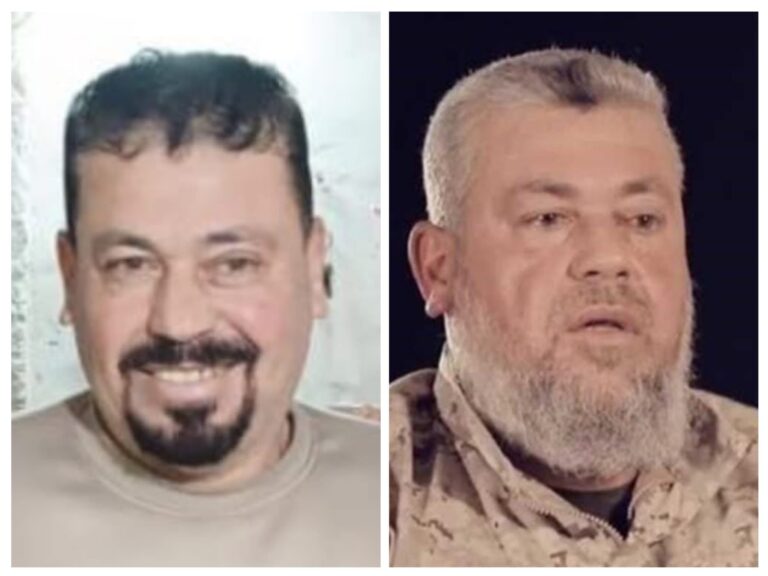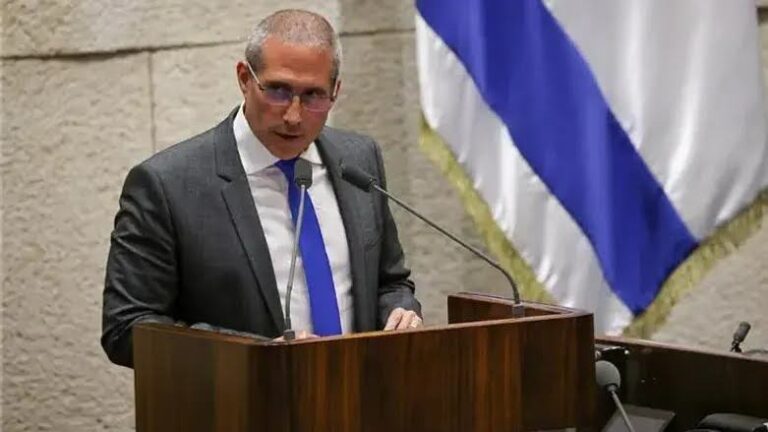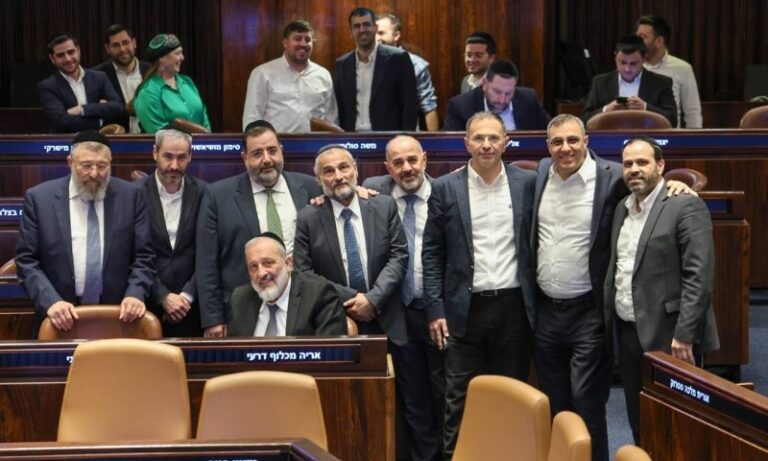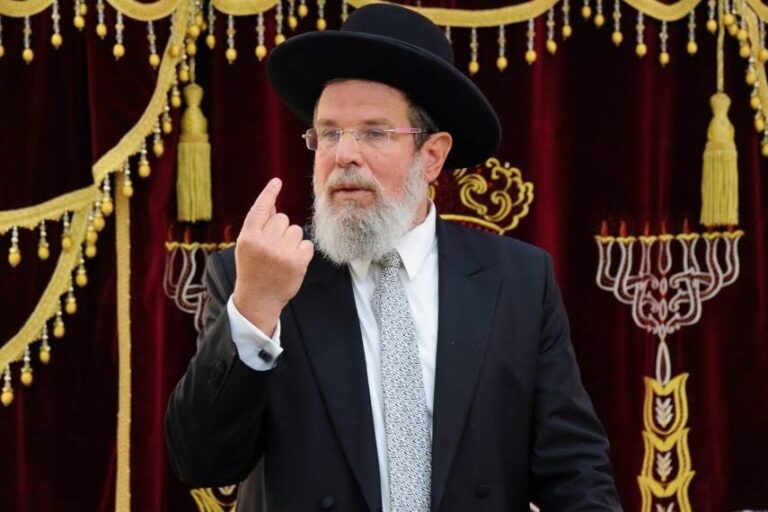Israel’s Deputy Foreign Minister Sharren Haskel says that normalization between Israel and Saudi Arabia could happen without Israeli concessions toward a Palestinian state — an assertion that, if realized, would mark a seismic shift in the Middle East’s strategic landscape.
Speaking in an interview at The Jerusalem Post Studio, Haskel argued that Riyadh must now choose between supporting Palestinian statehood and joining the growing circle of Arab states forging direct ties with Israel.
“The offer for a Palestinian state was there on the table for years, multiple times,” Haskel said. “They refused. They didn’t want it. Why? Because a bigger goal was not a Palestinian state. It was to obliterate the state of Israel, killing all the Jews in Israel and out of it.”
“It’s a religious cause. It’s not a territorial aspiration,” she said. “And I think that the Saudis need to make that choice as well — like Egypt did, like Jordan did, like the Emiratis and Bahrainis did.”
Asked point-blank whether normalization could move forward without Israel committing to a pathway toward Palestinian statehood, Haskel replied simply: “I believe so.”
Her comments came just days ahead of a French-Saudi summit expected to focus heavily on reviving momentum for Palestinian statehood. But Haskel dismissed the upcoming talks as a hollow PR stunt, saying they offer nothing new — and potentially embolden Hamas.
“This summit is just another attempt to gain public international attention,” she said. “It does not change reality.”
According to Haskel, symbolic gestures like the French-Saudi summit send the wrong message to Hamas — and could prolong the war.
“By holding this summit, Macron is rewarding the October 7 massacre,” she said. “These declarations give Hamas more oxygen and take us further from a ceasefire.”
Haskel claimed that if such diplomatic initiatives had been discouraged earlier, Hamas may have already agreed to terms. “If the initiative would have been taken down a long time ago… I think a month and a half ago Hamas would have agreed to a ceasefire,” she said.
A Longstanding Strategy, Intensified
The deputy foreign minister accused Israel’s enemies of weaponizing international institutions — a strategy she said dates back to Israel’s founding but has intensified.
“Since the foundation of Israel, they’ve been trying to use global forums and organizations against us,” she said. “But during this war, it’s escalated to the point of endangering Israel’s ability to defend itself.”
She singled out the media in many Western countries, claiming that biased coverage has fueled public and diplomatic pressure on Israel.
Despite mounting diplomatic setbacks — including resolutions critical of Israel passed or supported by countries like Spain, Ireland, and Norway — Haskel said Israel continues to cultivate strong international alliances. As one example, she cited German Chancellor Friedrich Merz’s recent public praise of Israel’s military operations, in which he said Israel was doing “the dirty work” of confronting Iran.
Haskel emphasized that she and Foreign Minister Gideon Sa’ar have been working nonstop to solidify ties with key allies — particularly in Europe — amid a volatile and shifting global environment.
“We’ve taken multiple trips to critical capitals,” she said. “We are constantly maintaining and strengthening our relationships.”
(YWN World Headquarters – NYC)




